Vicky Melfi is currently the Principal Lecturer in Human-Animal Interactions at Hartpury University Centre, Gloucestershire, UK. She has gained almost 30 years' experience working professionally in animal welfare and conservation, in the UK at Drusillas Zoo Park, Whitley Wildlife Conservation Trust, in Ireland at Dublin Zoo, in Australia at the Taronga Conservation Society, and finally founding the conservation programme Selamatkan Yaki in Sulawesi, Indonesia. She has also held various academic appointments, notably at the Universities of Exeter, Plymouth and Sydney. Vicky is a passionate advocate of professional/academic collaborations to gather data which can underpin evidence based practice, to better understand human-animal interactions, which will lead to great animal welfare and conservation outcomes. James Serpell is the Marie A. Moore Professor of Animal Ethics & Welfare at the School of Veterinary Medicine, University of Pennsylvania, USA. His research and teaching focus on veterinary ethics, the behavior and welfare of dogs and cats, and human-animal interactions. He has published more than 170 articles and book chapters on these and related topics, and is the author, editor or co-editor of several books including Animals & Human Society (1994), In the Company of Animals (1986, 1996), Companion Animals & Us (2000), and The Domestic Dog: Its Evolution, Behavior & Interactions with People (1995, 2017). Sally Sherwen is an animal welfare scientist based at Zoos Victoria (Melbourne Zoo, Werribee Zoo and Healesville Sanctuary in Australia). There, she develops and co-ordinates research programs to facilitate evidence-based management in animal welfare at the organisation. A particular area of interest for Sally is the field of Human-Animal Relationships in zoo-housed species. Her PhD focussed on better understanding the visitor effect in previously unstudied groups of animals including meerkats, penguins and kangaroos. In addition to human-animal relationships in zoos, other areas of research interest include investigating novel approaches to animal welfare assessment, evaluating cognitive enrichment programs and the use of technology to advance animal welfare science. Susanne Waiblinger is a veterinarian specialising in ethology, animal husbandry and animal welfare science (Dipl. ECAWBM - AWSEL). She is Associate Professor at the Institute of Animal Husbandry and Welfare of the University of Veterinary Medicine in Vienna, leading the group of human-animal relationships, ruminant behaviour and welfare, and started to work in these fields more than 25 year ago. Besides human-farm animal relationships, her research also focuses on the interactions of environment, social behaviour and welfare in dairy cows and goats, including ontogenetic aspects, as well as on on-farm assessment of animal welfare in ruminants. Samantha Ward is a Senior Lecturer in Animal Science at Nottingham Trent University. Previously Sam worked as a zoo animal keeper of various hoofstock, primate and macropod species. Sam then went on to an MSc in Animal Behaviour and then a PhD in Animal Behaviour and Welfare. Following this, she was a zoo conservation and research manager with animal record (ZIMS), animal transportation and studbook responsibilities. Sam's research has focussed on animal behaviour and welfare with particular focus on zoo animals and the impacts of human-animal interactions (HAI), human-animal relationships (HAR) in zoos and zoo animal husbandry and management techniques to investigate impacts and improve captive welfare. Werner Zollitsch is Professor for Sustainability of Animal Production Systems and current Head of Department of Sustainable Agricultural Systems at BOKU-University of Natural Resources and Life Sciences, Vienna. He has 20 years of research experience in studying effects of feeding strategies on various aspects of different animal production systems, including organic and low input systems. His main research interests include analysis and optimisation of livestock systems with a focus on ecological indicators of sustainability and their interactions with farm characteristics and other elements of sustainability. He is also involved in research and teaching organic livestock production with a focus on sustainability and feeding strategies.
Read more

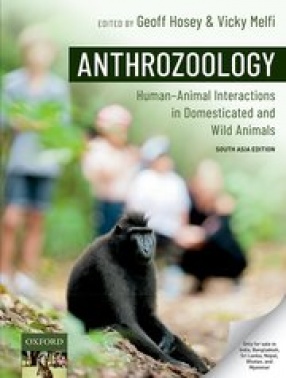
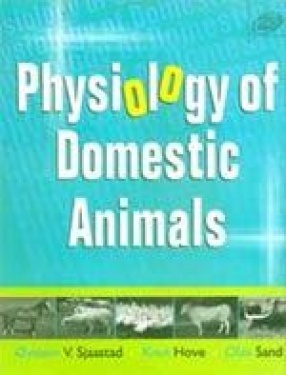
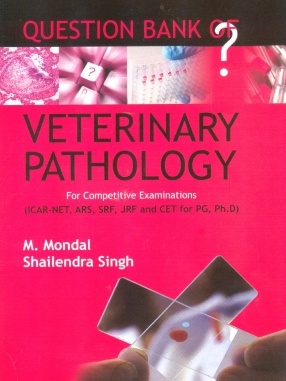
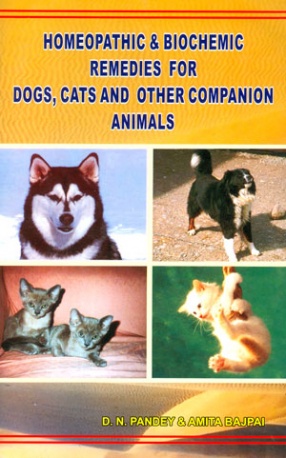
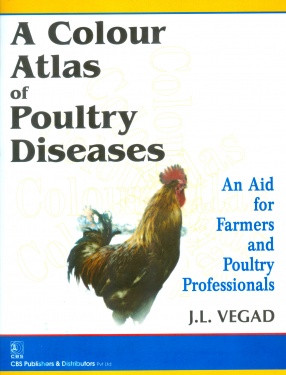

Bibliographic information
Geoff Hosey